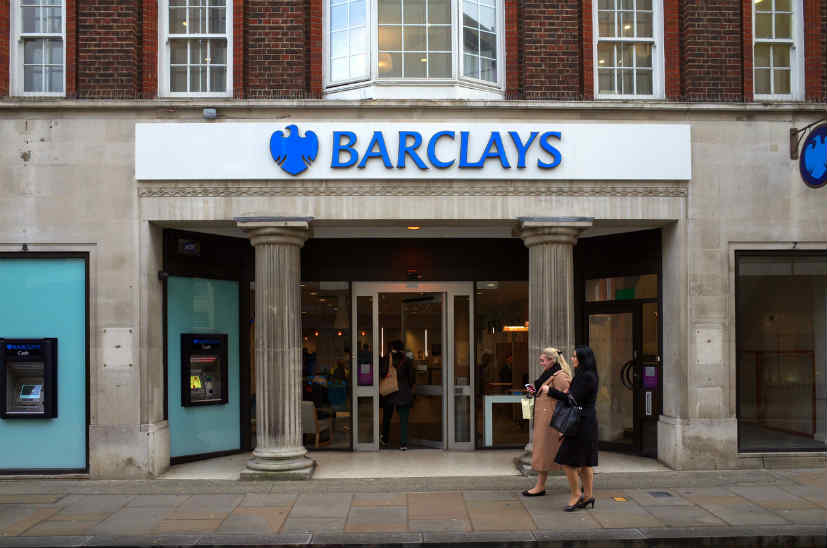Investors have filed a class-action lawsuit against Barclays, Royal Bank of Scotland, Citigroup, JP Morgan and UBS on the grounds of alleged rigging in foreign exchange markets. These five UK banks rigged forex through two cartels Essex Express and Three Way Banana Split, media reports said. One cartel operated between December 2007 to January 2013 and the other one was from December 2009 to July 2012.
The legal action follows European Commission’s ruling in May over banks’ forex rigging. In May, the European Commission imposed a €1 billion fine on Citigroup, JP Morgan, Mitsubishi UFJ Financial Group, Barclays and Royal Bank of Scotland for unlawfully trying to reduce competition in markets for 11 currencies, including the pound, the euro, and the US dollar.
The current lawsuit is filed at the Competition Appeal Tribunal by Scott + Scott, a nationally recognised legal firm. According to media reports, it is one of the few largest court cases that have been put under the Consumer Rights Act 2015.
Scott + Scott is representing the investors and the claim is led by the former chair of The Pensions Regulator Michael O’Higgins. Previously, the banks have been fined more than $8.5 billion over forex manipulation by regulators worldwide.
Scott + Scott in a similar class-action suit in the US secured a $2.3 billion settlement from 15 banks. However, some of the largest investors walked out of the claim fearing the consequences they might have to face in the future. In November 2018, a group of investors including BlackRock filed a claim against 16 banks over alleged market rigging.
O’Higgins told reporters that the present legal action against the UK banks forex rigging aims to seek hundreds of millions of pounds that will be returned to corporates and pension funds affected by the cartel.
Danish politician Margrethe Vestager in a statement said “These cartel decisions send a clear message that the commission will not tolerate collusive behaviour in any sector of the financial markets.”

